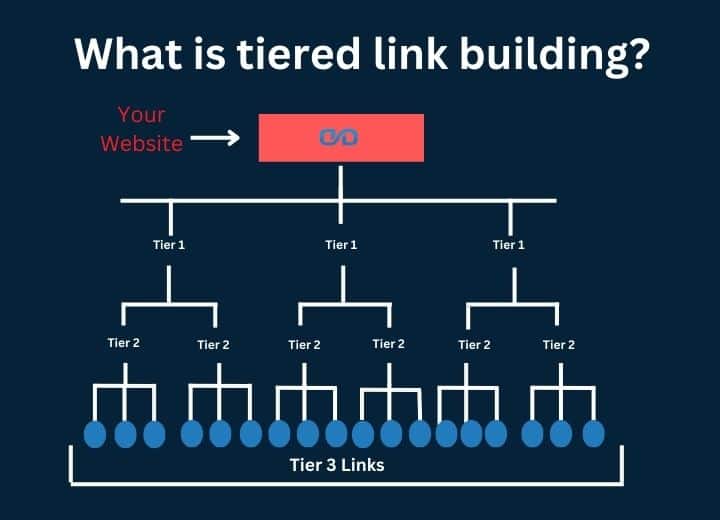


In this article, we’ll explain what tiered link building is, how it works, its benefits, risks, and best practices.
In the world of digital marketing, visibility is everything. And when it comes to local businesses, visibility starts with showing up in front of the right people, your nearby customers. That’s where local keyword research plays a crucial role.
If you’ve ever wondered why some local businesses appear at the top of Google Maps or local search results, it’s because they’ve mastered local SEO, and a big part of that is using the right local keyword research tactics.
In this guide, we’ll break down what local keyword research is, why it matters, and how to use smart tactics to dominate local search results.
Local keyword research is the process of finding and analyzing search terms that people in a specific geographical area use to look for products or services. These keywords typically include a location modifier, such as:
“affordable plumbers near me”
“Italian restaurant Gold Coast”
Unlike broad SEO, which focuses on national or global visibility, local keyword research zeroes in on customers who are ready to take action close to where your business operates.
If you run a local business like a cafe, gym, law firm, or service provider, you want to attract customers in your area. Using general keywords like “best hair salon” may put you in competition with salons worldwide. But a local keyword like “best hair salon in Adelaide” is more targeted and much easier to rank for.
Here’s what local keyword research can help you achieve:
Higher visibility in local search results
More qualified leads from people in your area
Better conversion rates from local visitors
Appear in Google’s local pack and map listings
Ready to get started? Here are the most effective tactics to find and use local keywords that work.
Begin by identifying your primary offerings. Are you a florist, electrician, or yoga instructor? Make a list of terms people might use to describe your business.
Example:
Yoga instructor
Yoga classes
Online yoga
Now pair those with local modifiers:
“Yoga classes in Sydney”
“Affordable yoga Brisbane”
“Best yoga instructor near me”
Google often tells you what people are searching for right in the search bar. Type in your service and see what suggestions come up. Then, scroll to the bottom of the search results to view related searches.
This is a goldmine for discovering common local keyword variations.
One of the most common ways people search locally is by using “near me.”
Examples:
“Thai food near me”
“Tax consultant near me”
“Mechanic near me open now”
To target these terms, make sure your website includes:
Your city or suburb name
Nearby landmarks
Your service area pages
Also, make sure your Google Business Profile is fully optimized.
There are several keyword tools that allow you to find keywords by region. Some of the best include:
Google Keyword Planner (free)
Ubersuggest
SEMrush
Ahrefs
When using these tools:
Set your location to your city or region
Search for your core service terms
Look at search volume, competition, and related terms
Even if a keyword only gets 50-100 searches per month, that’s highly targeted traffic!
Type in keywords you’re targeting and see who ranks at the top locally. Visit their websites and analyze their content:
What keywords are they using in their headlines and meta descriptions?
Do they have location-specific landing pages?
Are they writing blog posts targeting local events or areas?
Use tools like Ubersuggest’s Traffic Analyzer or Ahrefs Site Explorer to dig deeper.
Once you’ve gathered your local keywords, it’s time to create content that matches them. This could include:
City or suburb landing pages
Local blog posts (e.g., “Top 5 Cafes in Melbourne CBD”)
Service pages like “Plumbing Services in Darwin”
Mastering local keyword research is one of the most cost-effective ways to bring in local traffic, leads, and customers. It allows your business to show up exactly when and where your customers are looking.
Whether you’re running a small business in a single suburb or serving multiple cities, these tactics will help you target the right keywords and boost your local SEO game.
Start implementing them today and watch your visibility grow in your neighborhood and beyond!
